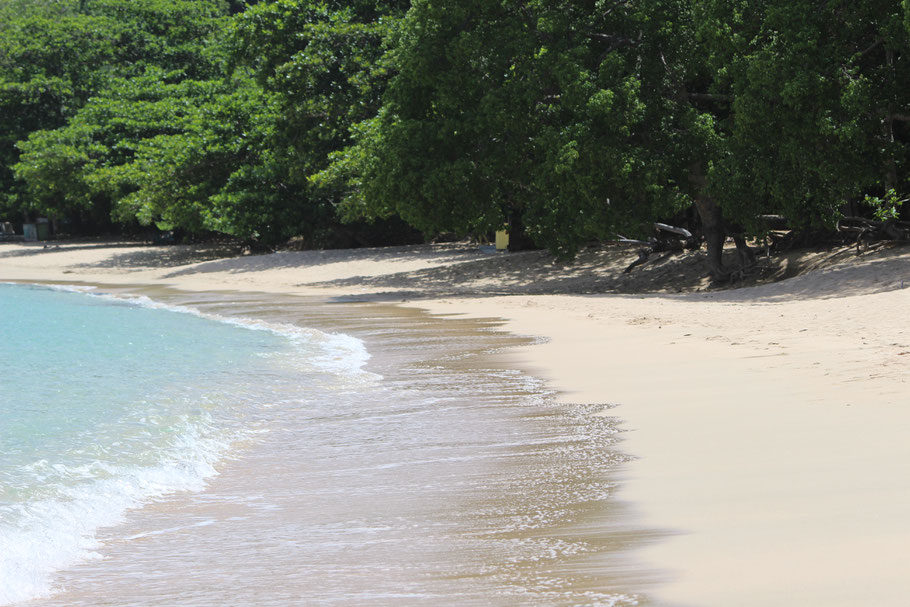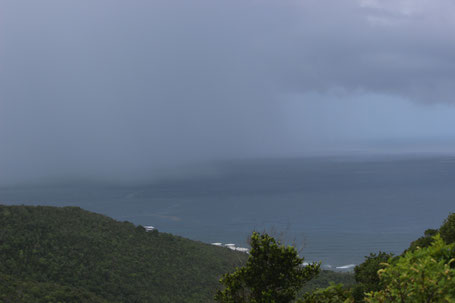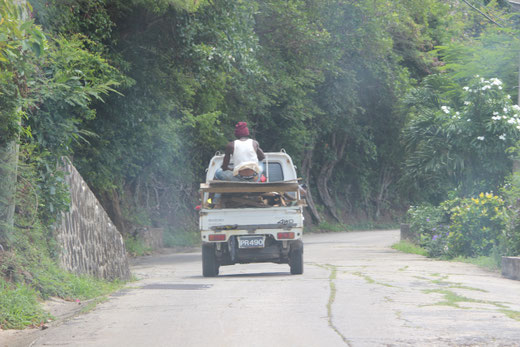Karibik Survival Experience 2024

For more than 7 years now, Philipp Davies Survival School have been an established provider in the field of Outdoor and Survival Training in Germany.
We are highly recognized by our customers, outdoor magazines, media and press and famous for our exceptional skills and the outstanding experience we provide to our customers. Since we are also continuously developing, we would like to start a new project together with you, which
Caribbean Survival Experience
"Surviving on a deserted island in the Eastern Caribbean"
Coconut instead of spruce needle.
Palm fronds instead of sleeping mats.
Do you want to break new ground, broaden your horizons and step out of your comfort zone? Have you always wanted to feel what it's like to procure food and prepare water in tropical heat on an uninhabited Island? Then apply now and secure one of the coveted places for this unforgettable adventure.
1 Person 2200 USD
Erle Bird Discounter price until
March 2024
1978 USD
Attendees aprox: 12
date:
July 31st bis August 14th 2024
total time required:
In total, you should expect a minimum of 14 days for the entire trip, but this can be extended individually.
For the adventure "Caribbean Survival Experience" 8-11 days plus 2 days preparation/briefing are planned.
T&C will be available online on www.survivalschule-davis.de end of 2023. Note: translation into English will be available, but only the German version will apply.
What you can expect
After a detailed briefing on the procedure, the briefing on the safety and rescue measures and everything else that is vital on site in the Eastern Caribbean, the Caribbean Survival Experience begins with embarking a small vessel to boat to and conquer "our" island. In the further course we will train you together with local forces so that the coming days will be a complete success. This will include, but is not limited to, the following skills:
- local food - sourcing and preparation
- Herbology - Recognising poisonous plants (e.g. Manchineel Tree)
- Fishing Techniques
- Water extraction
- Instruction in equipment that ensures our survival and much more
Now it counts, we will apply our newly acquired knowledge together and survive the next few days in complete seclusion.
Note: the locals speak English, often with a Caribbean dialect and the trainers from Philipp Davis Survival School are not native English

Wie kommst Du zu dem exklusiven "Karibik Survival Experience" mitten im Paradies:
- Füll unseren Bewerbungsbogen aus
- Warte auf die Zusage
- Platz sichern in dem Du verbindlich buchst
What is include in the price and what not?
Included
- Meals during the Experience on the Island
- Training by local locals
- Hammocks
- Tarp
- Cooking equipment
- Angelequipmet
- First aid kit
Excluded
- Arrival and departure to the Eastern Caribbean
- Accommodation on the main island before and after the course
- possible costs for transfer from airport, ferry to main Island and taxi
- Meals before and after the course as well as alcoholic beverages
We are happy to share tips and suggestions for where to stay on the main Island, as well as personal recommendations for local taxi drivers.

We have planned 14 days for our trip, including arrival and departure.
Of these, we will spend at least 8 days on the desert island. It is not possible to say exactly, because the weather has to play along for the crossing and we therefore plan 3 more days as a reserve.
On the days off you can explore paradise on your own.
You can relax on the beach, snorkel, dive, climb a volcano, visit a tropical garden, or a museum or book a sailing trip.
Short schedule of the days:
Day 1
Arrival at the main island, joint meeting of the group/acclimatization
Day 2
General instruction in the course such as rules of conduct and procedures in case of emergencies.
Joint packing of equipment.
Start of the course
Day 3 - 11 Island
If the weather permits and the organization is completed, we will move to the island.
Day 12 - 14
Reserve days or days for free use and design.
The official end of the course is the day we are back on the inhabited main island.

The additional days planned by us serve the purpose of being available to counteract any unforeseeable circumstances. Weather changes with strong winds / tropical storms or alike can make it necessary to deviate from the schedule at any time.
After the end of our island days, the remaining days are free to use. Of course, we are happy to give tips for interesting activities.
Personal Safety

The issue of Personal Safety obviously plays a big role in our Caribbean Survival Experience, but there is always a certain residual risk.
Every participant must therefore be aware that the Caribbean Survival Experience is an expedition-like adventure and has in no way anything to do with a package tour. There is no comfort, the heat is murderous and one misstep can quickly result in massive injuries.
Of course, we are trained in rescue techniques and also carry the appropriate first aid supplies with us. However, the rescue and salvage of injured people can easily take more than 24 hours because there is no appropriate infrastructure. For example, there are no rescue helicopters, but transporting patients to the nearest hospital involves a long and strenuous boat ride across the open sea.
Weather
Injury / Rescue
The weather is very treacherous in this region.
On the one hand, we have 30 degrees Celsius with high humidity, which is typical for the tropics.
On the other hand, during the rainy season, unpredictable storms, torrential rainfall and severe thunderstorms can occur in a very short time. In August, tropical storms or hurricanes cannot be ruled out.
Risks
Because it is not possible to list all potential dangers in full, we want to list a few relevant examples here so that you can develop an idea of what you can expect.
In addition to falls that result in fractures, sprains, bruises or the like, injuries from thorns or sea urchins, insects (mosquitoes, sand flies, wasps,...) and scorpions represent a danger that should not be underestimated.
The heat and especially the sun quickly lead to dehydration and severe burns, and in the worst case, serious sunstroke.
Among the plants, the Manchineel tree (https://en.wikipedia.org/wiki/Manchineel) poses a particularly life-threatening danger because it occurs in all sizes on the island and all parts of the tree are highly toxic.
Where wood is chopped, splinters must fall (old German proverb).
Something happens quickly, a cut with a knife, a step on a thorn or sea urchin, or a simple sunstroke.
We can reduce the risks by everyone being careful for themselves and others.
It's not about the individual, but about the tribe.
Since we are on a remote island, a small wound can become a big problem that cannot be solved with our first aid kit alone.
An evacuation from the island can take more than 24 hours because in an emergency we first have to notify the coast guard using a satellite phone and they have an approximately 2-hour journey across the open sea and can only rescue an injured person when the weather and sea are calm!!
Mental and physical requirements
This experience places special demands on mental and physical ability. These include in particular:
- good physical fitness
- Healthy general condition, especially cardiovascular
- Sure-footedness even in exposed and very difficult terrain
- good and safe swimmer
- very high resilience, especially in stressful situations, when hungry or thirsty
- Team spirit and the will to tackle things and get involved with and for the community
Anyone who has known allergies (e.g. wasps) must ensure that they have enough emergency kits with them so that they can take rescue measures in an emergency. This is not an exhaustive list or enumeration, it is intended to give you some pointers to examine yourself before you decide to participate.
















